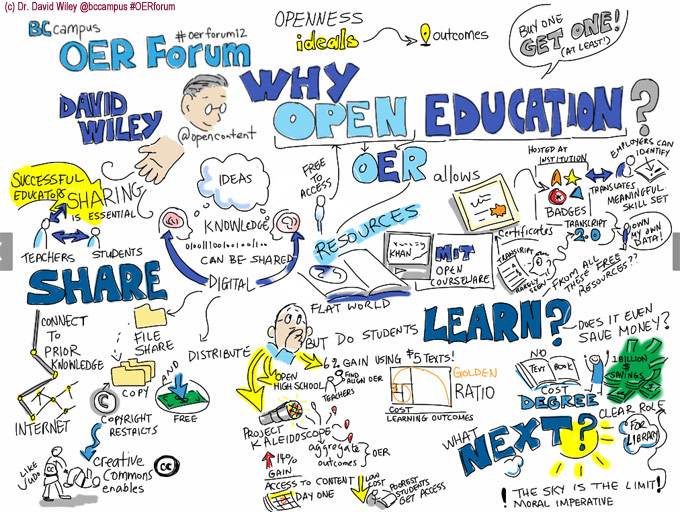Open Access
Understanding Open Education
 Education touches all lives: be it the child learning to read, a high school student seeking to be the first in her family to enter college, the university student struggling to pay exorbitant textbook prices and rising tuition costs, or the lifelong learner returning to college after twenty years. Education fosters creativity and critical thought, building the foundation for lifelong curiosity. It is intrinsically linked to cultural development and the economic security that comes with an established career. Unfortunately, too many people are deprived of access to learning and educational resources due to technological and price barriers.
Education touches all lives: be it the child learning to read, a high school student seeking to be the first in her family to enter college, the university student struggling to pay exorbitant textbook prices and rising tuition costs, or the lifelong learner returning to college after twenty years. Education fosters creativity and critical thought, building the foundation for lifelong curiosity. It is intrinsically linked to cultural development and the economic security that comes with an established career. Unfortunately, too many people are deprived of access to learning and educational resources due to technological and price barriers.
Open education establishes opportunities to support an affordable and effective learning environment. Involving tools and practices, open education resources (OER) provide students with quality materials that are free of cost and without re-use restrictions. Technology and the power of hyper-connectivity, brought forth by the Internet, provide the potential to utilize OERs for the improvement of teaching and learning. In addition to the Open Education Library Guide, the following resources provide a quick introduction:
-
SPARC Open Education FactsheetA factsheet from Scholarly Publishing and Academic Resources Coalition (SPARC) summarizing the what, why, and how of open education.
-
OER for K-12 Educators - Frequently Asked QuestionsComposed by the Open Educational Resources Common, the fact sheet provides answers to frequently asked questions by educators in K-12.
-
Seven Things You Should Know About OEREducause provides a list of seven things to know about OER.
-
The Cape Town Open Education DeclarationThe Cape Town Open Education Declaration is an international statement released in September 2007 to demonstrate a global commitment to open education and OERs.
Defining the "Open" in Open Education
The terms "open content" and "open educational resources" describe any copyrightable work (traditionally excluding software, which is described by other terms like "open source") that is licensed in a manner that provides users with free and perpetual permission to engage in the 5R activities:
- Retain - the right to make, own, and control copies of the content (e.g., download, duplicate, store, and manage)
- Reuse - the right to use the content in a wide range of ways (e.g., in a class, in a study group, on a website, in a video)
- Revise - the right to adapt, adjust, modify, or alter the content itself (e.g., translate the content into another language)
- Remix - the right to combine the original or revised content with other material to create something new (e.g., incorporate the content into a mashup)
- Redistribute - the right to share copies of the original content, your revisions, or your remixes with others (e.g., give a copy of the content to a friend)
Open Education at a Glance
A quick view of why open education is important (click on image to expand).
